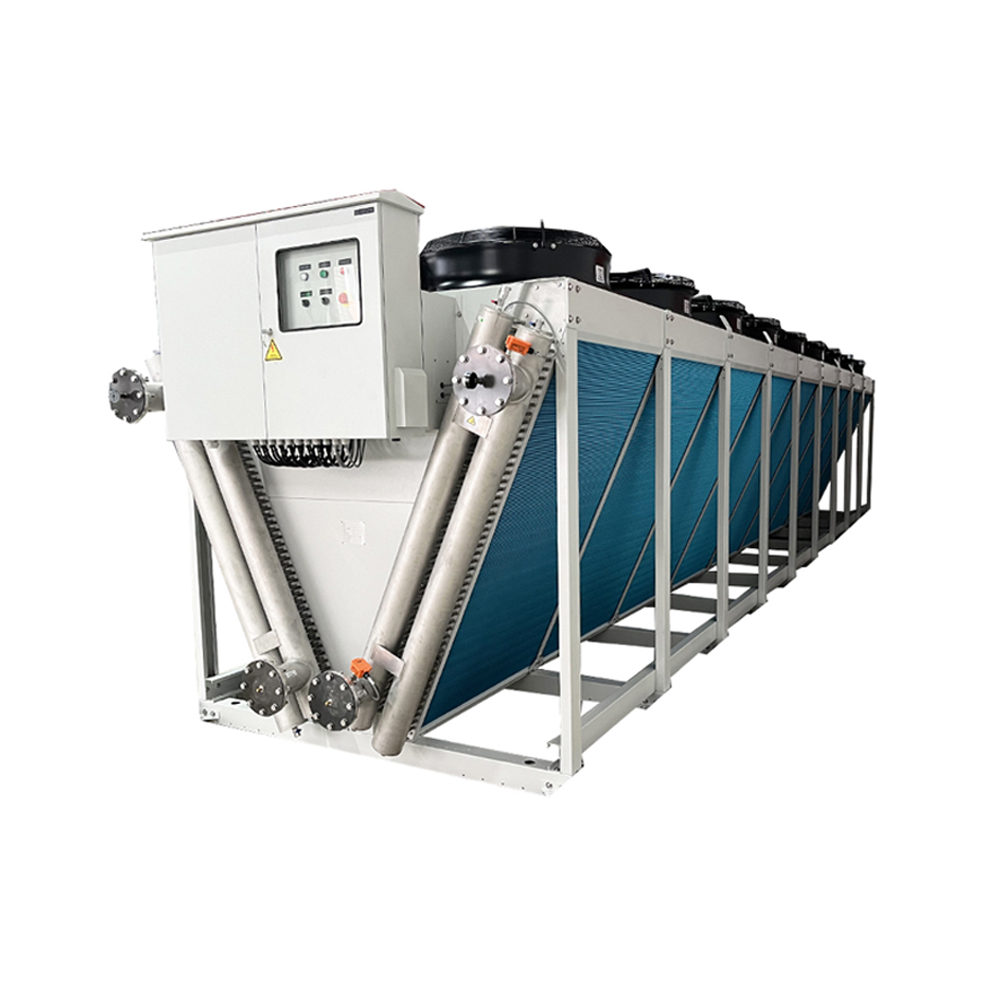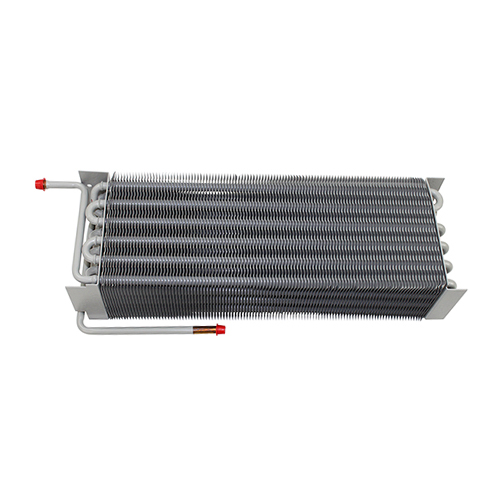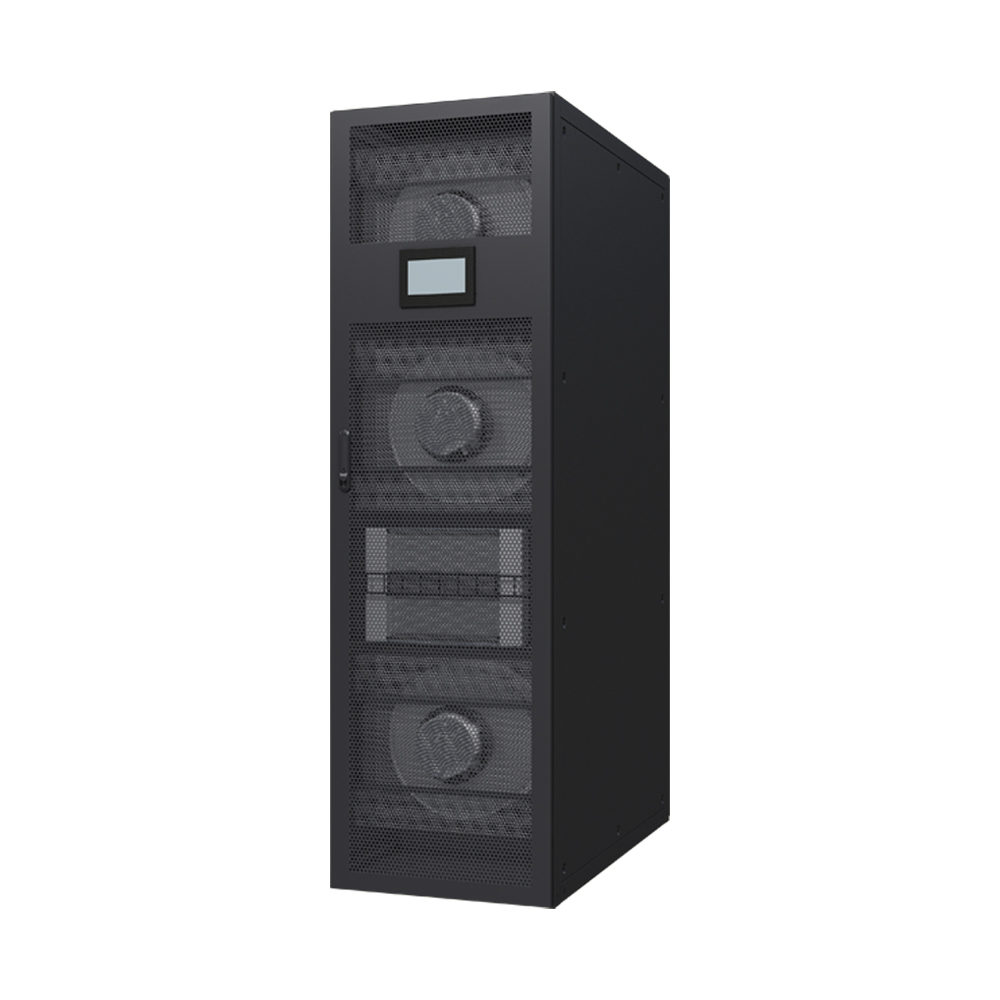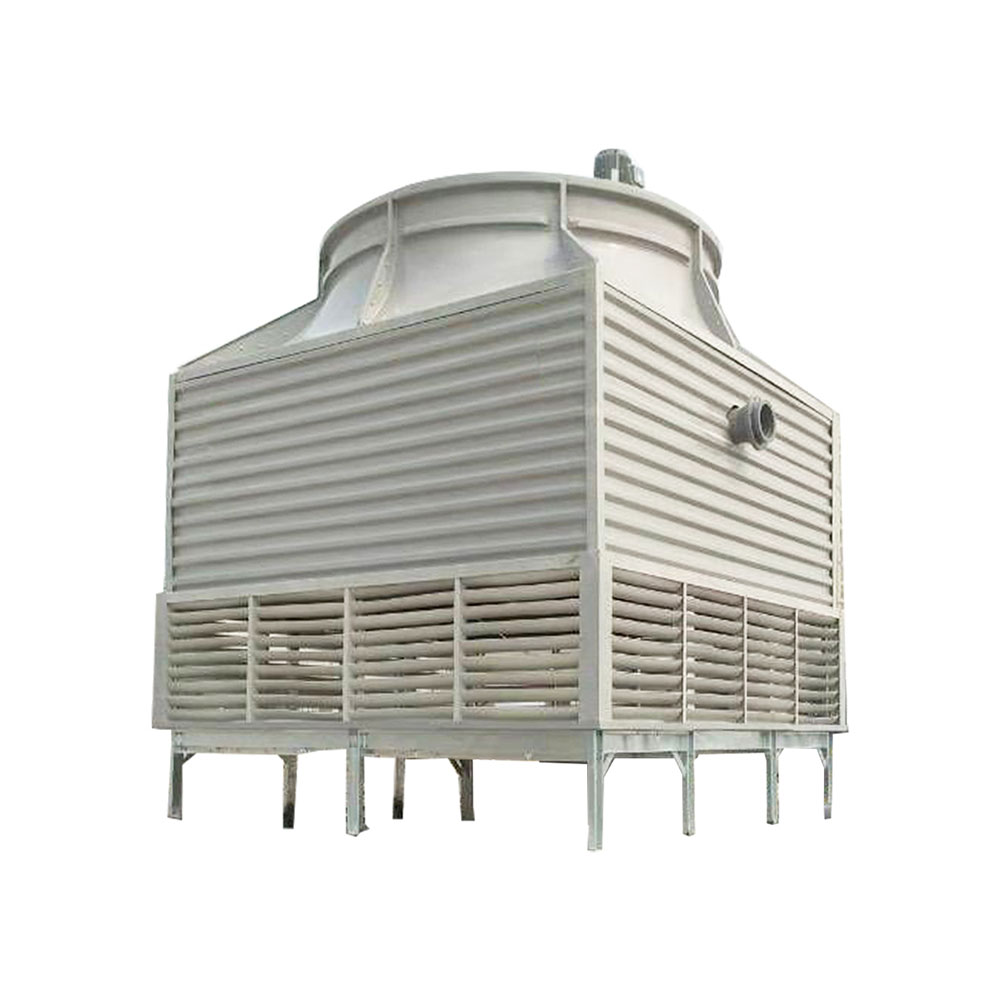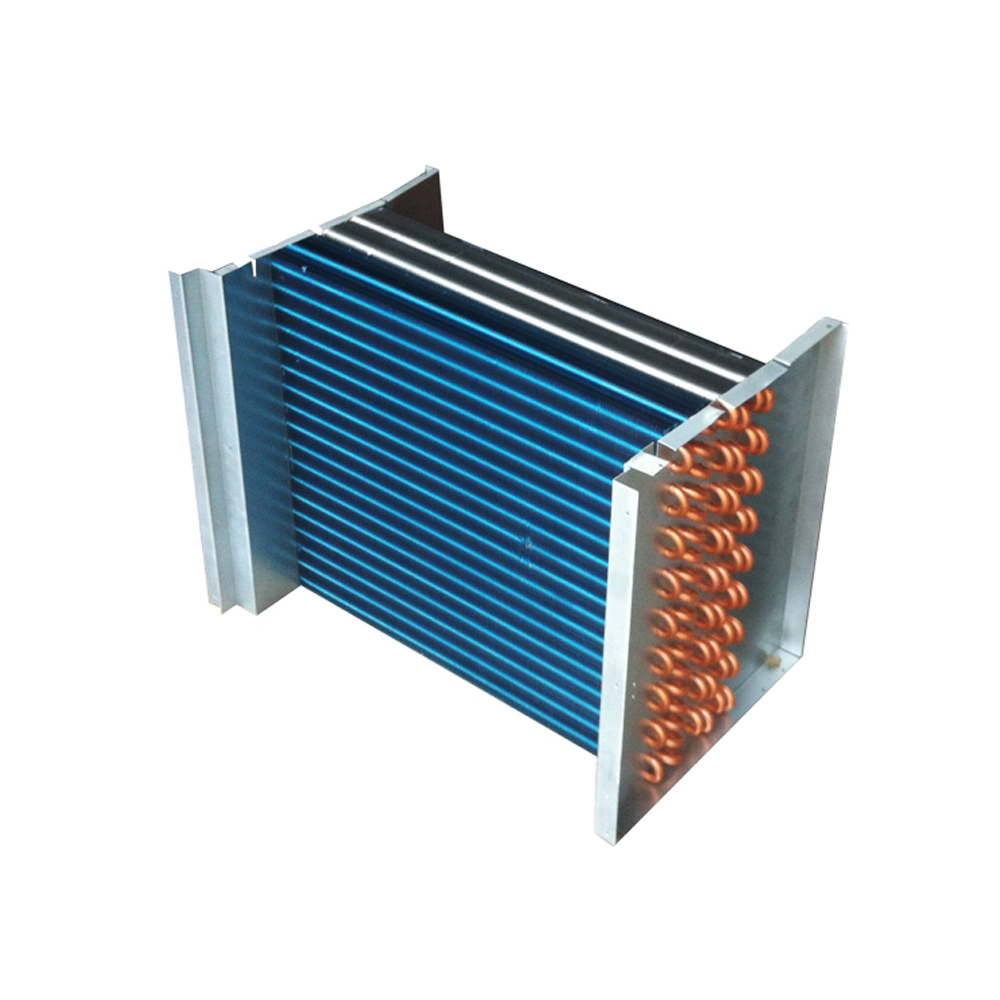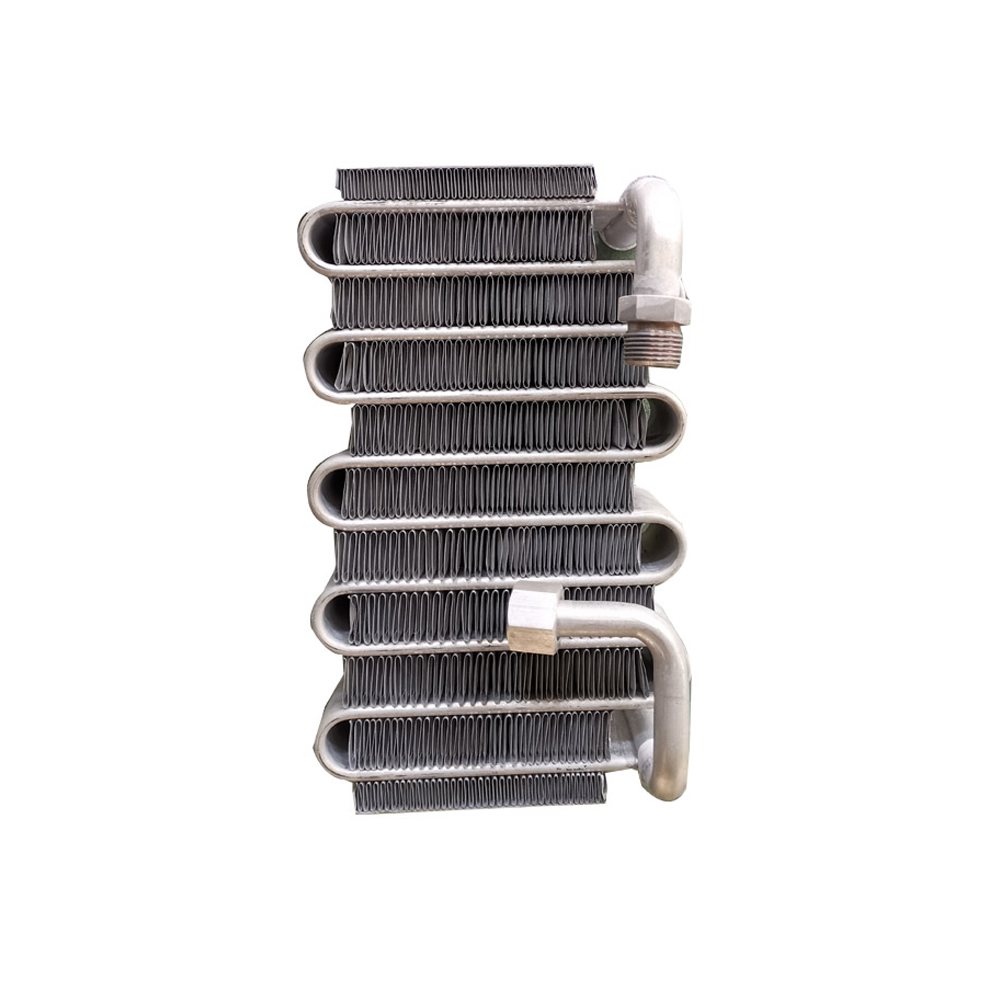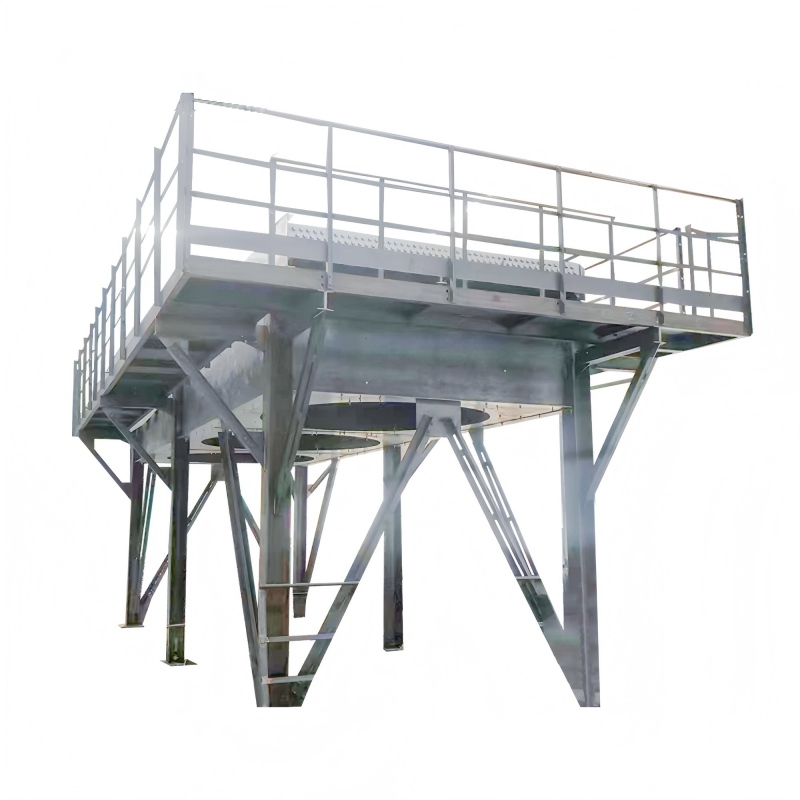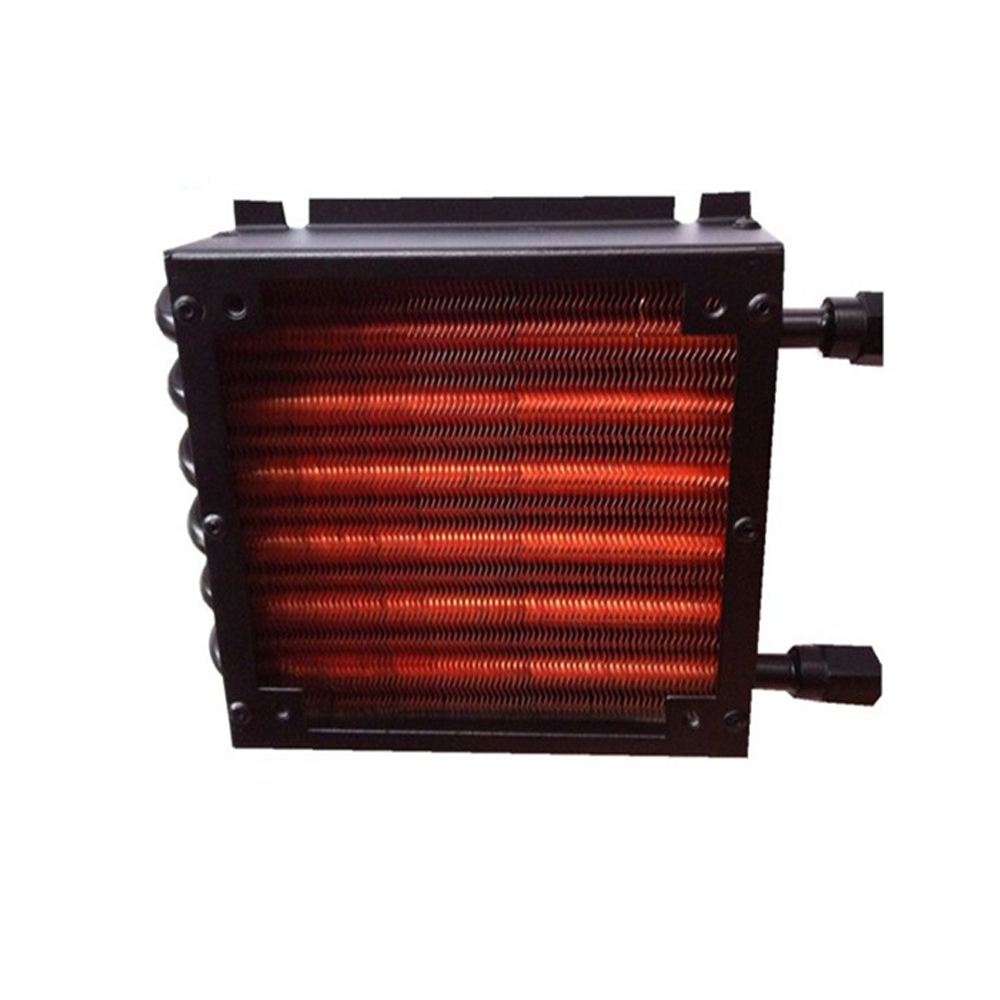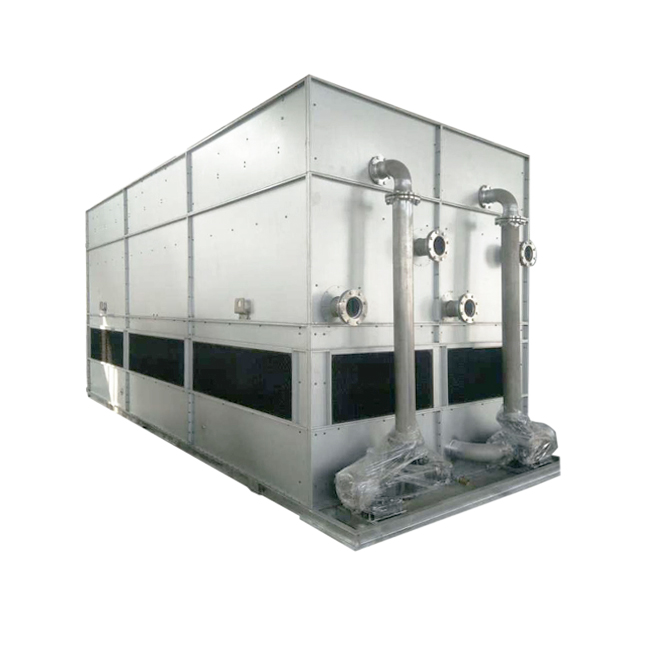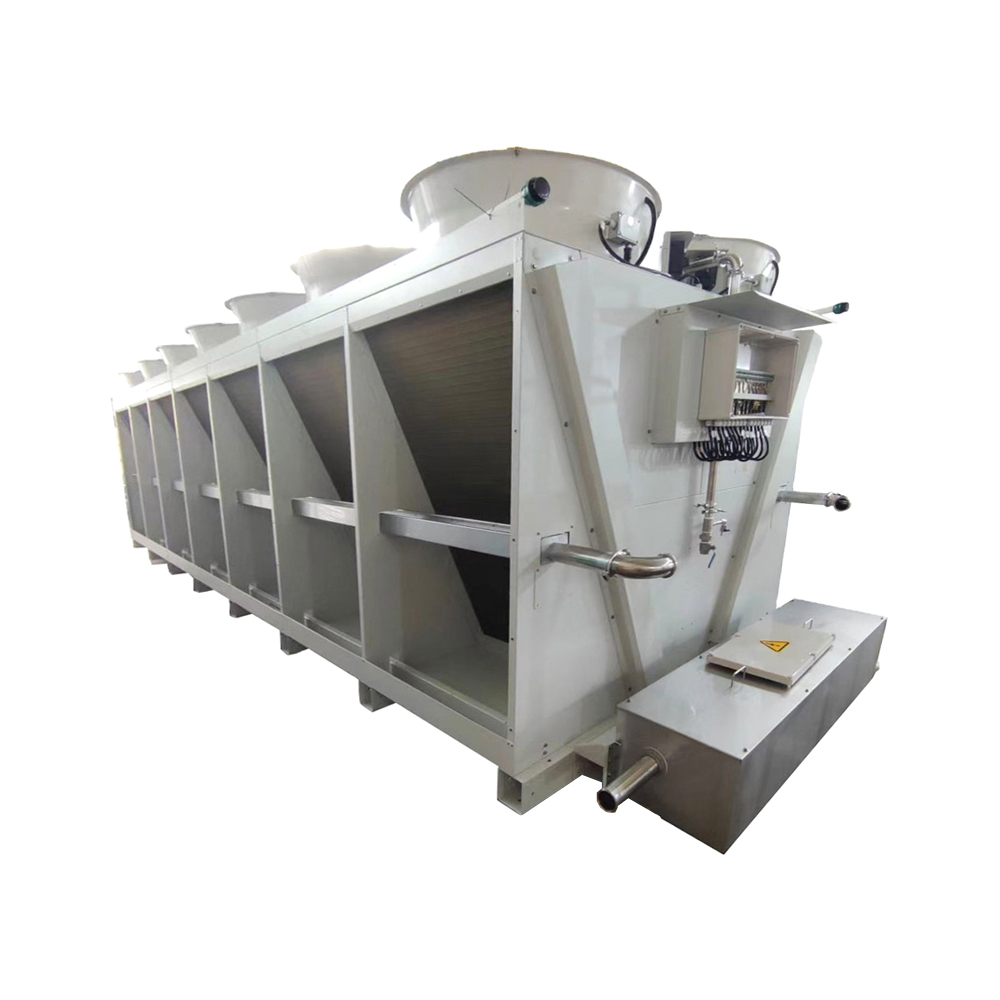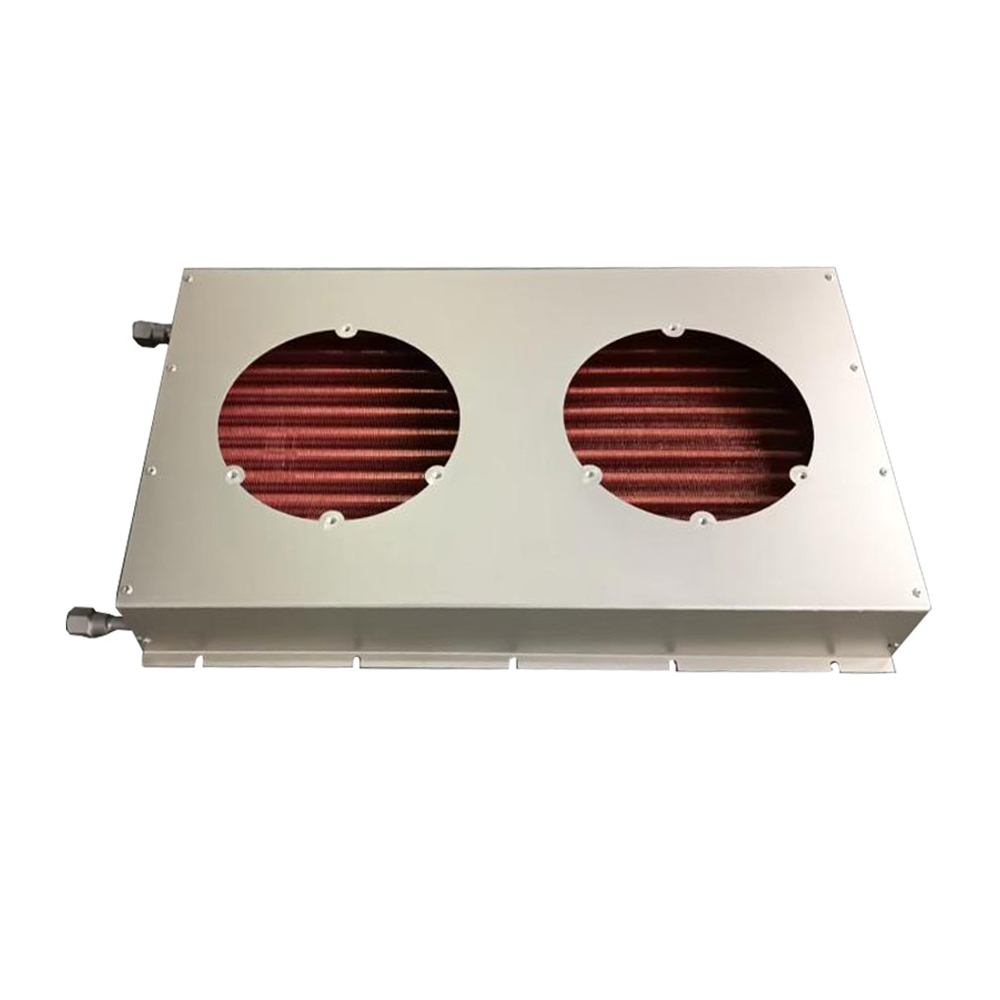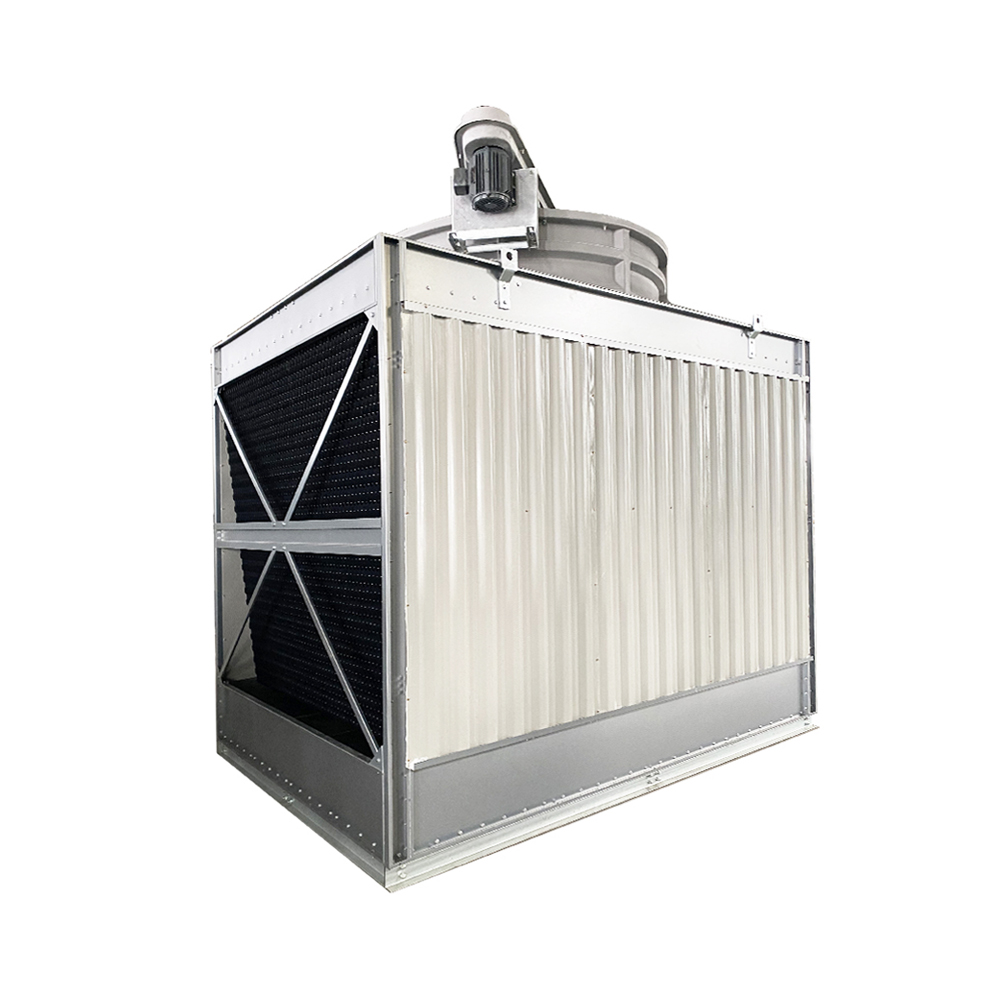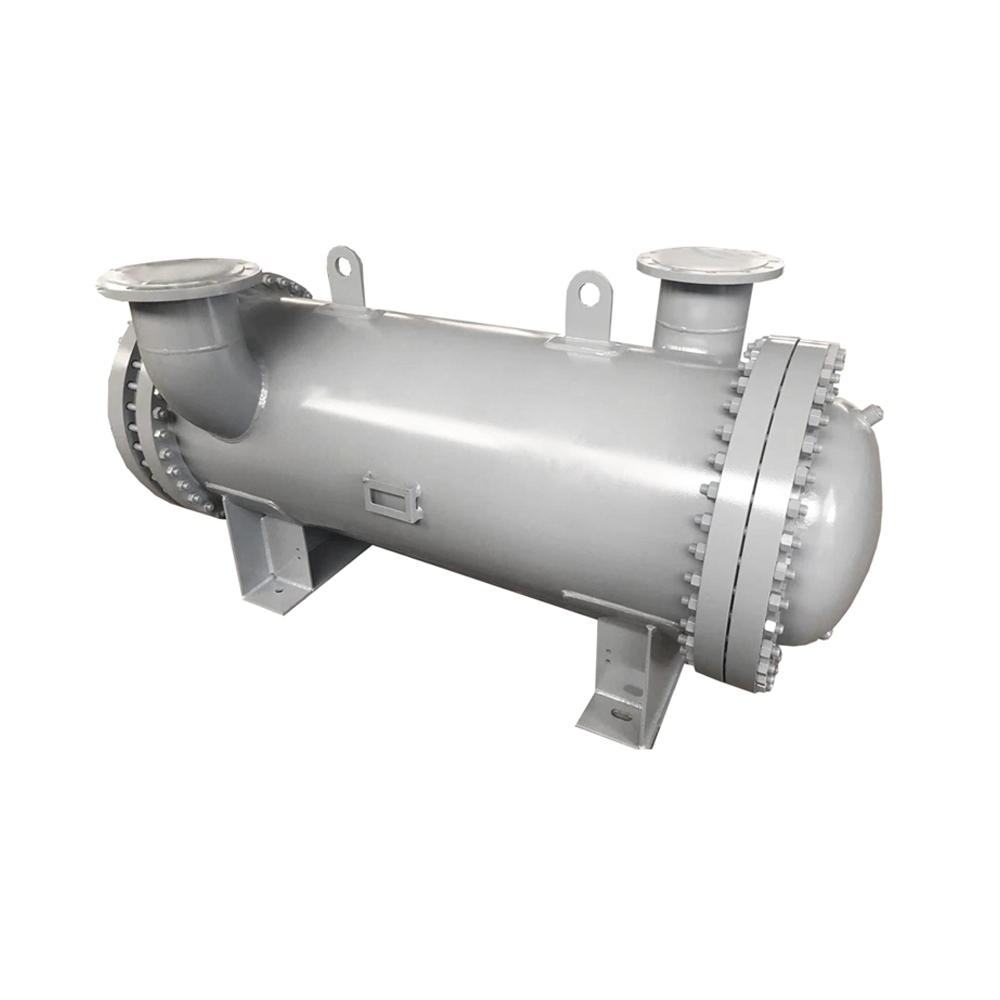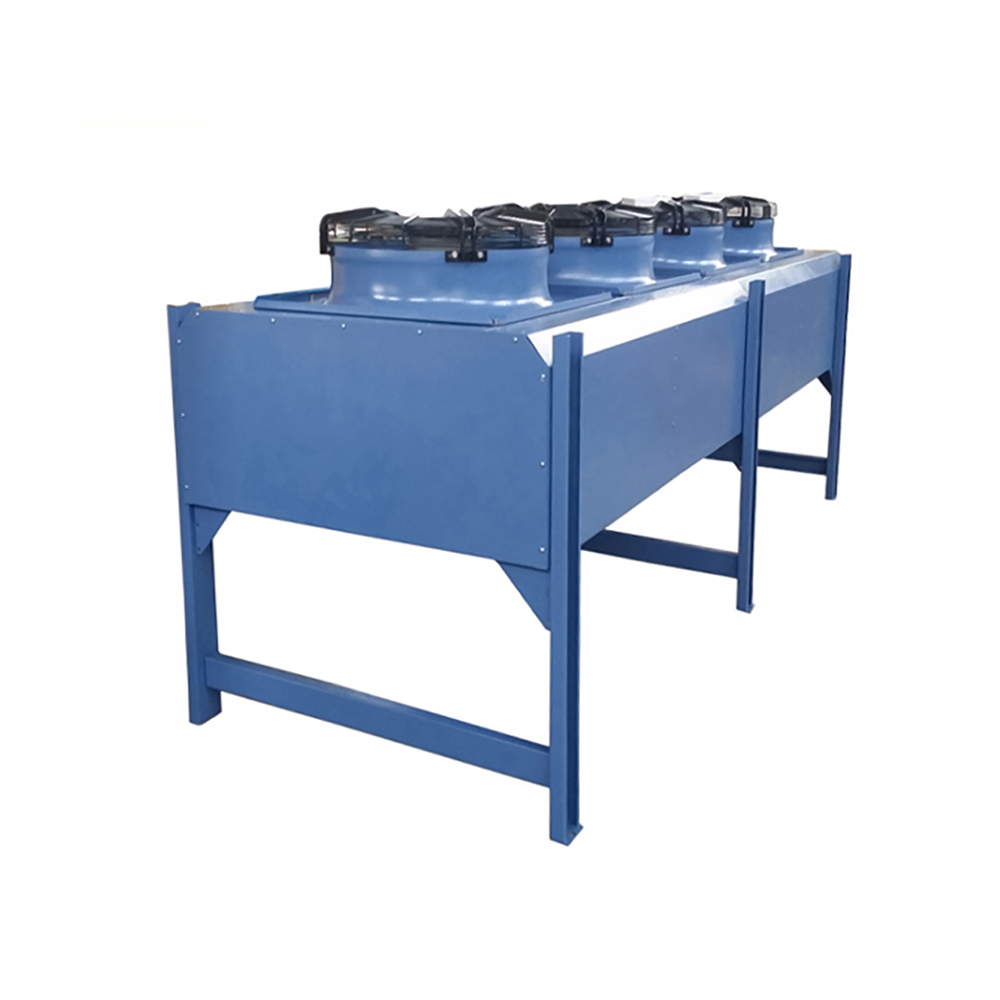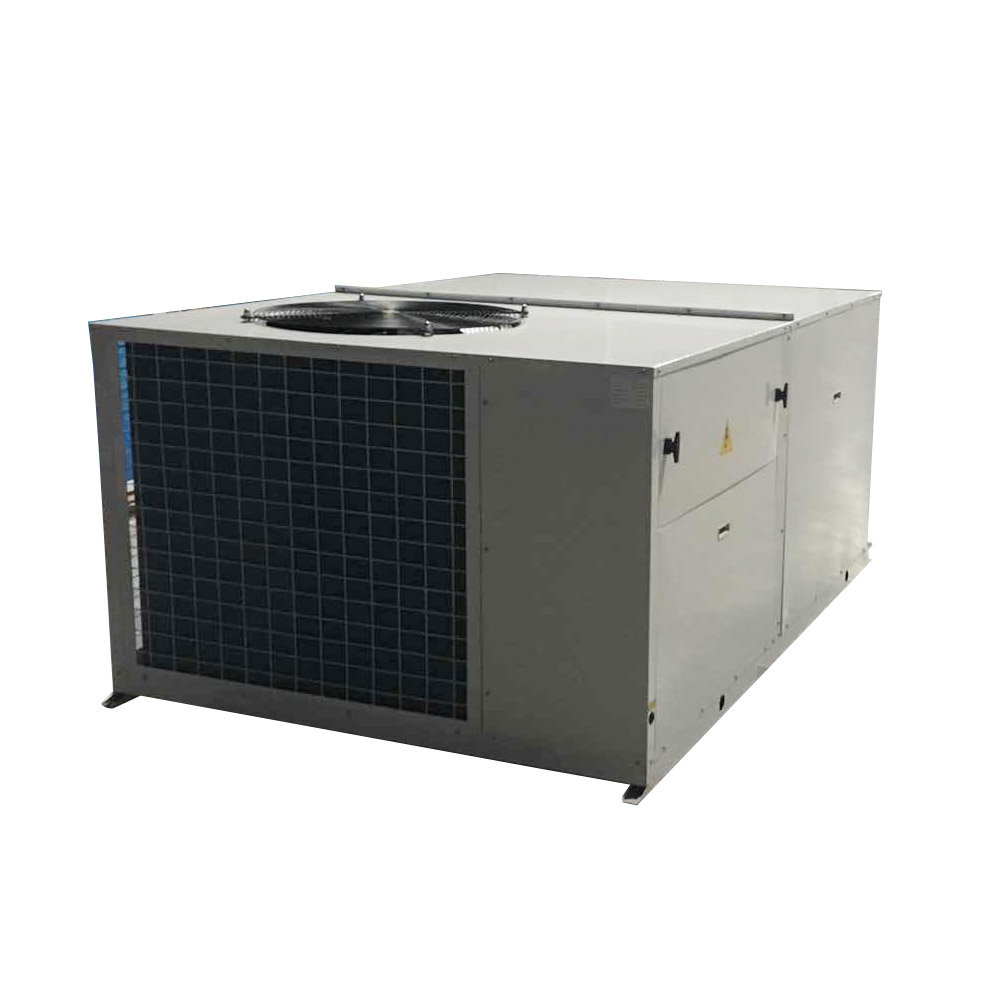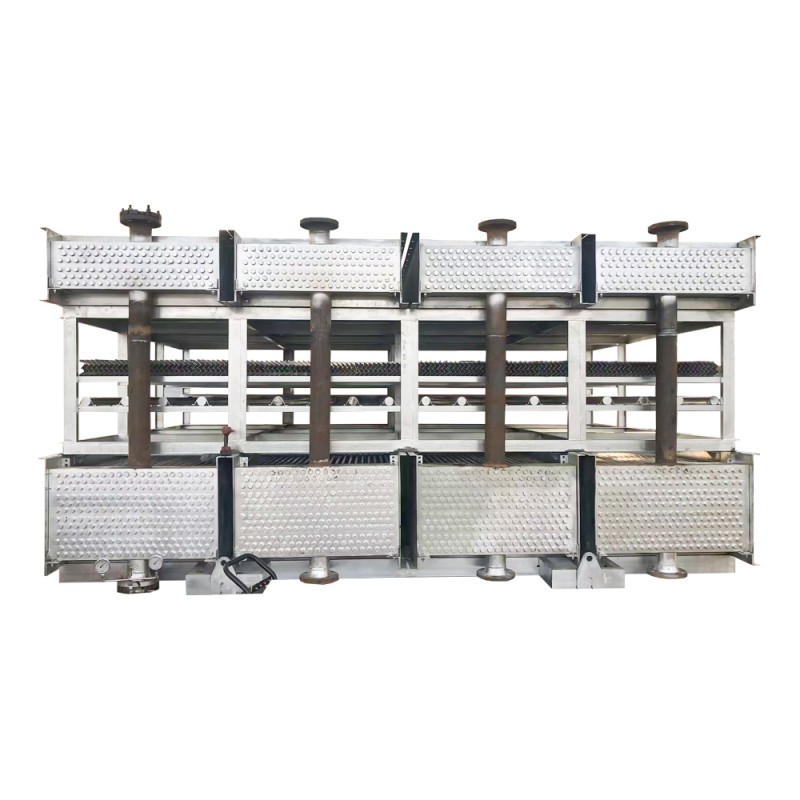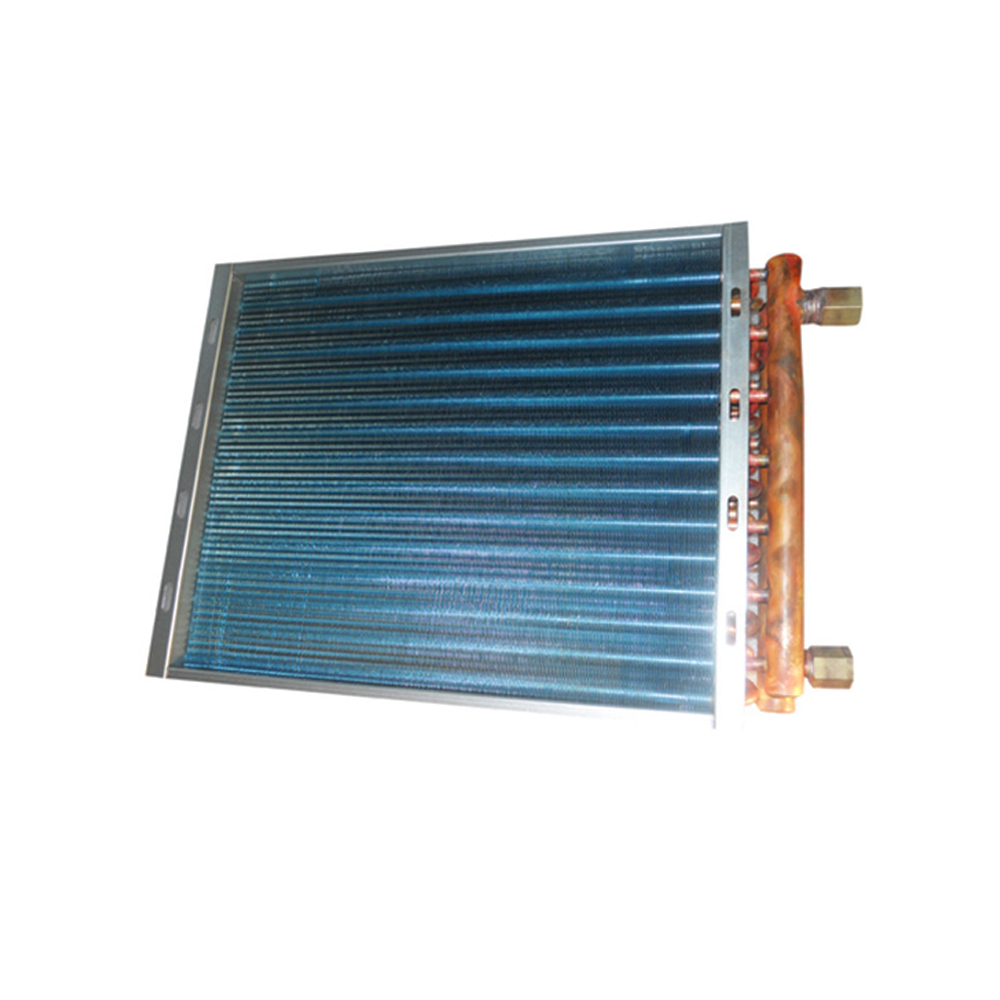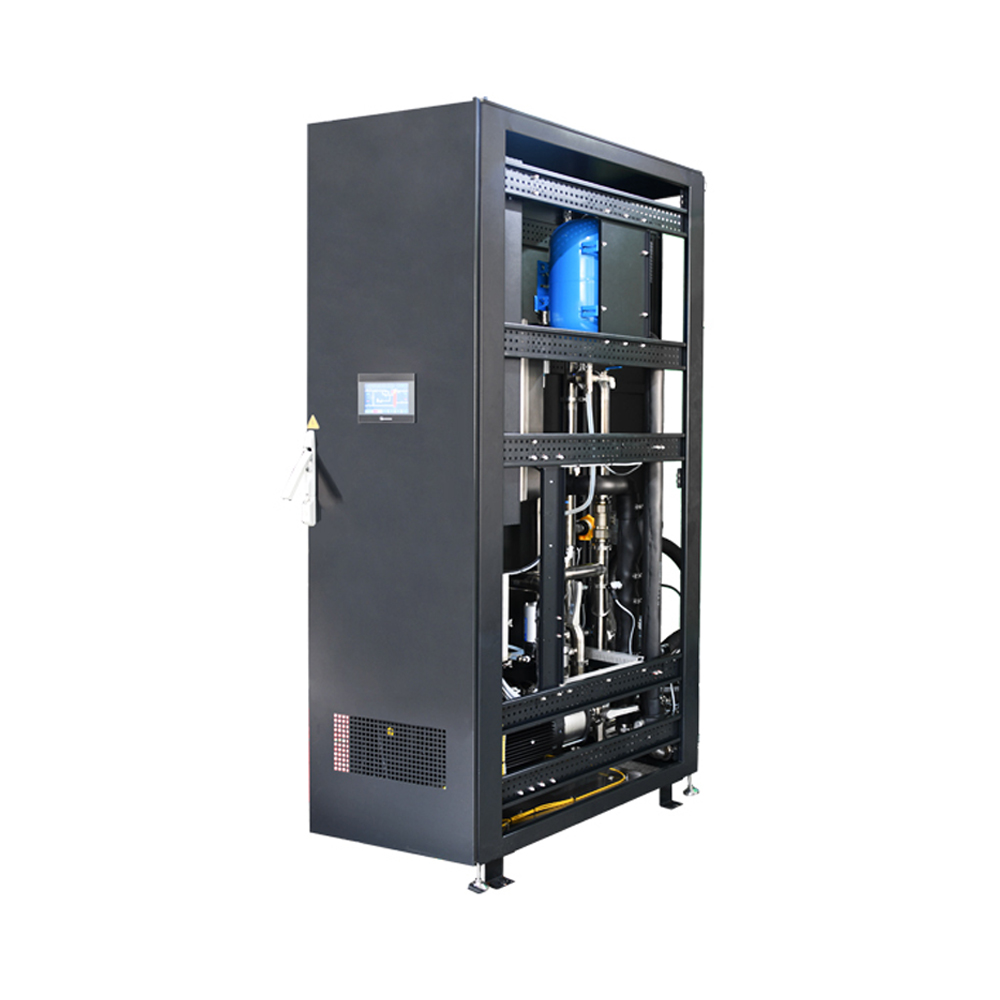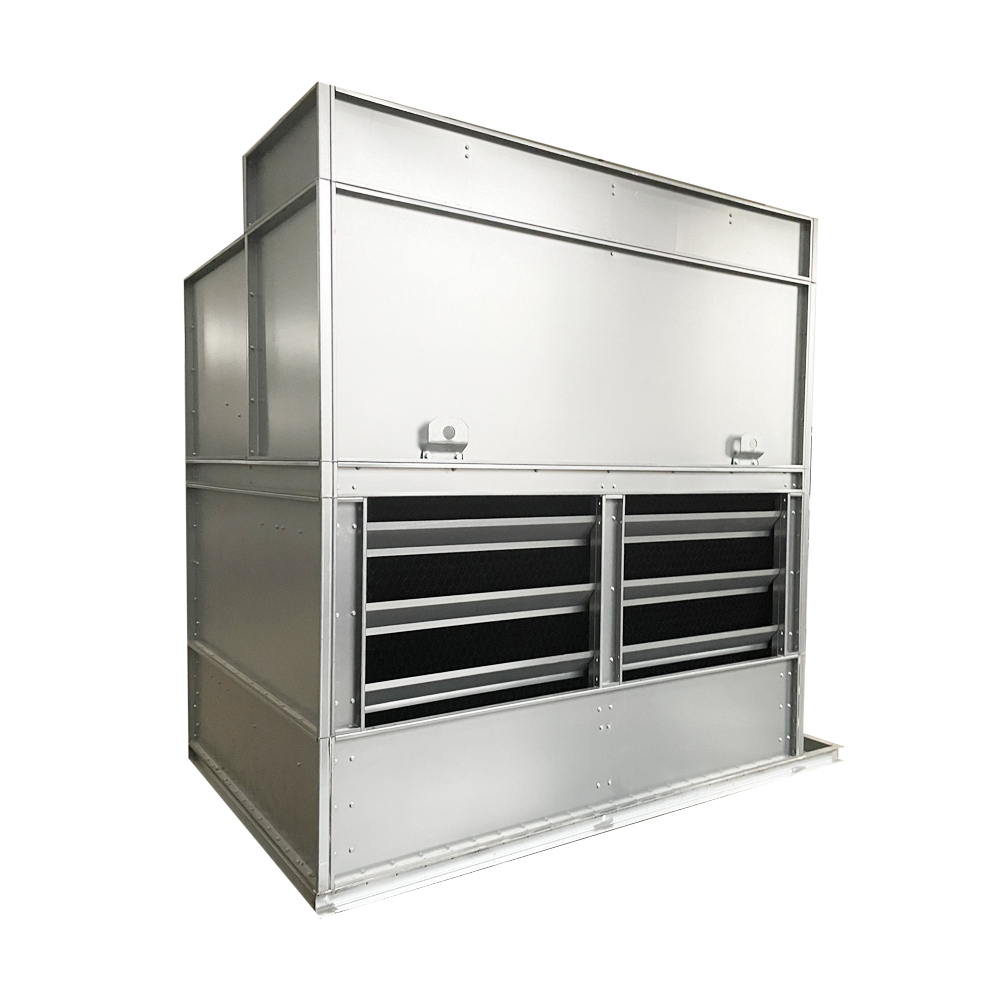Choosing the right data center cooling supplier is crucial for maintaining optimal server temperatures and preventing costly downtime. This guide provides a comprehensive overview of factors to consider when selecting a supplier, including cooling technologies, capacity planning, and maintenance considerations. We'll explore different solutions and help you make an informed decision to ensure your data center operates efficiently and reliably.
Understanding Your Cooling Needs
Assessing Your Data Center's Thermal Profile
Before engaging with a data center cooling supplier, accurately assess your data center's heat load. This involves understanding the power consumption of your IT equipment, the ambient temperature, and the heat generated by other sources within the facility. Detailed thermal modeling can help predict future needs and optimize cooling strategies. Accurate assessment allows for proper sizing of cooling solutions to avoid under- or over-capacity. Consider factors such as server density, future expansion plans, and potential increases in computing power.
Choosing the Right Cooling Technology
Several cooling technologies exist, each with advantages and disadvantages. Popular options include:
- Computer Room Air Conditioning (CRAC): A traditional approach using air-cooled chillers and CRAC units. Suitable for smaller data centers with moderate heat loads. However, it can be less energy-efficient compared to newer technologies.
- Computer Room Air Handler (CRAH): Often more efficient than CRAC units, CRAHs offer better control over airflow and temperature within the data center. They are suitable for larger facilities and can be integrated with sophisticated monitoring systems.
- Liquid Cooling: Direct-to-chip or immersion cooling are increasingly popular options for high-density deployments. These technologies offer superior heat removal capabilities, enabling higher server densities and reduced energy consumption. However, they often come with higher initial investment costs.
- Free Air Cooling: Utilizing external air for cooling can be cost-effective in certain climates. This approach is best suited for data centers with low heat loads and suitable ambient conditions. It requires careful consideration of environmental factors and potential impact on cooling capacity.
Evaluating Data Center Cooling Suppliers
Assessing Supplier Capabilities and Experience
When choosing a data center cooling supplier, consider their experience, expertise, and range of services. Look for suppliers with a proven track record in designing, installing, and maintaining data center cooling systems. A strong understanding of industry best practices and regulatory compliance is essential. Check for certifications and industry affiliations to validate their credibility.
Analyzing Service Level Agreements (SLAs)
A comprehensive SLA is critical. Ensure that the SLA clearly outlines response times for maintenance and repairs, uptime guarantees, and escalation procedures. A reliable SLA minimizes downtime and ensures efficient system operation.
Maintenance and Ongoing Support
Preventive Maintenance Strategies
Regular preventive maintenance is crucial for maximizing the lifespan and efficiency of your data center cooling system. This includes routine inspections, filter changes, and cleaning of cooling components. A well-defined maintenance schedule, often provided by the data center cooling supplier, minimizes the risk of unexpected failures.
Emergency Repair Services
A quick response to emergencies is essential. Your data center cooling supplier should offer 24/7 emergency repair services to minimize downtime in the event of equipment failure. Ensure the SLA clearly details response times and repair procedures.
Cost Considerations and ROI
While upfront costs are important, consider the total cost of ownership (TCO). This includes initial investment, ongoing maintenance, energy consumption, and potential downtime costs. Choosing a higher-efficiency solution might have a higher upfront cost but can lead to significant long-term savings in energy and maintenance.
Choosing the Right Partner
Selecting the right data center cooling supplier is a significant decision impacting your data center's efficiency, reliability, and overall operational costs. By carefully considering your cooling needs, evaluating potential suppliers, and understanding the long-term implications, you can ensure optimal performance and minimize risk. For high-quality and reliable data center cooling solutions, consider contacting Shanghai SHENGLIN M&E Technology Co.,Ltd for advanced cooling technology and comprehensive support.









